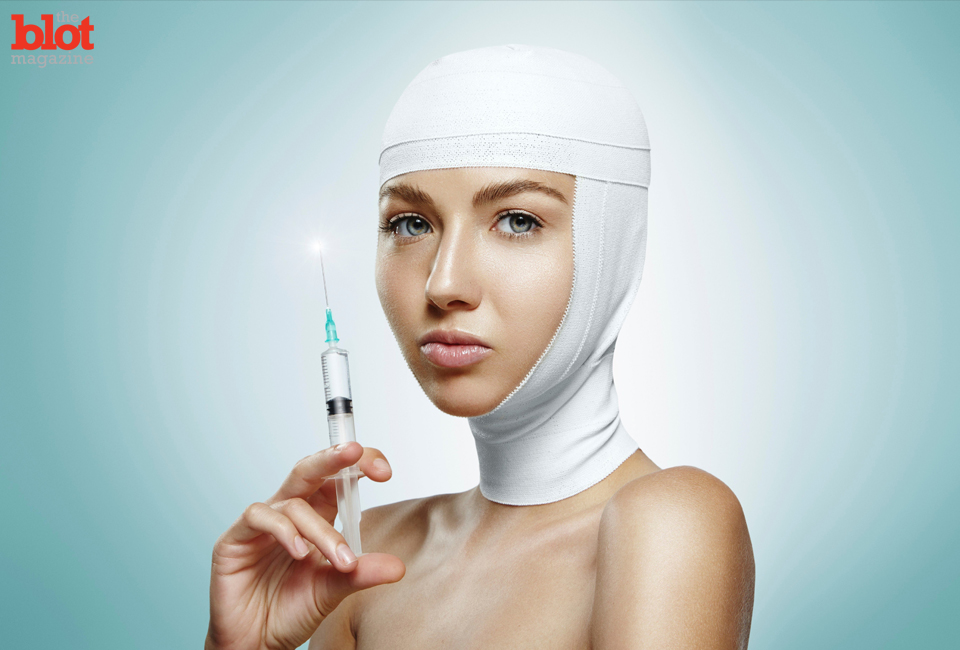
As if the youth of the world don’t take enough crap from adults, it now seems there are huge worries about Botox treatments for the under-25s. I, for one, don’t approve of cosmetic surgery save for extreme cases, but I am not dictator of the world (yet). If you want to go under the knife to change your looks, go for it. But apparently, there are some do-gooders running loose who are concerned that the injections “might stunt their emotional and social development.”
“Writing in the Journal of Aesthetic Nursing, clinicians say there is a growing trend for under-25s to seek the wrinkle-smoothing injections. But the research suggests ‘frozen faces’ could stop young people from learning how to express emotions fully,” our friends over at the BBC reported.
Are they serious? I have been on this planet long enough to know that the last thing we need is young people running around expressing their emotions fully. Life from the age of 12 to 25 is not easy, and that’s not counting all the hormonal changes that render most people in their teens plain dreadful (I was one of the more dreadful variety — couldn’t pay me enough to do it again). If you want a picture of what it’s like when young men in particular fully and freely express their emotions, look at Al Qaeda and the Islamic State in Iraq and Syria.
Nurse practitioner Helen Collier did the research and said, “As a human being our ability [sic] to demonstrate a wide range of emotions is very dependent on facial expressions. Emotions such as empathy and sympathy help us to survive and grow into confident and communicative adults …. If you wipe those expressions out, this might stunt their emotional and social development.”
That sounds so right … until you actually think about it. Empathy and sympathy are things we learn as infants — some of us more so than others. If you are waiting for a teenager to develop those feelings, you probably have a Dexter Morgan serial killer on your hands.
Nurse Collier worries that the new generation idealizes an “inexpressive frozen face.” As the parent of three ex-teenagers, I can safely say that they don’t need Botox to get that look. Ask them about their future, their friends or anything personal, and you get Botox face in reply.
Hell, back when punk rock was happening, a blank expression was something we all worked hard to have. After all, with acid rain, the outbreak of AIDS and Reagan-Thatcher running the world, the only other way to cope was looking like Edvard Munch’s “The Scream.”
It’s clearly a case of the cart before the horse. People don’t suffer stunted emotional and social development because they have had Botox shot into their faces. They get the Botox injections because they are emotionally and socially underdeveloped and think getting rid of a wrinkle will make their lives better (really, 16-year-olds with wrinkles?).
Fortunately, the trend for Botox among the youth gets quite a lot of resistance. Rajiv Grover, president of the British Association of Aesthetic Plastic Surgeons, told the BBC, “Injecting teenagers with Botox for cosmetic purposes is morally wrong and something that no ethical practitioner would do. This can only exacerbate body image issues at a vulnerable time.”
I have no quarrel with Nurse Collier here, but the issue, it seems to me, is not the effect that Botox might have on the social and emotional development of kids. The problem is the unethical use of Botox in the first place.
Jeff Myhre is a contributing journalist for TheBlot Magazine.





